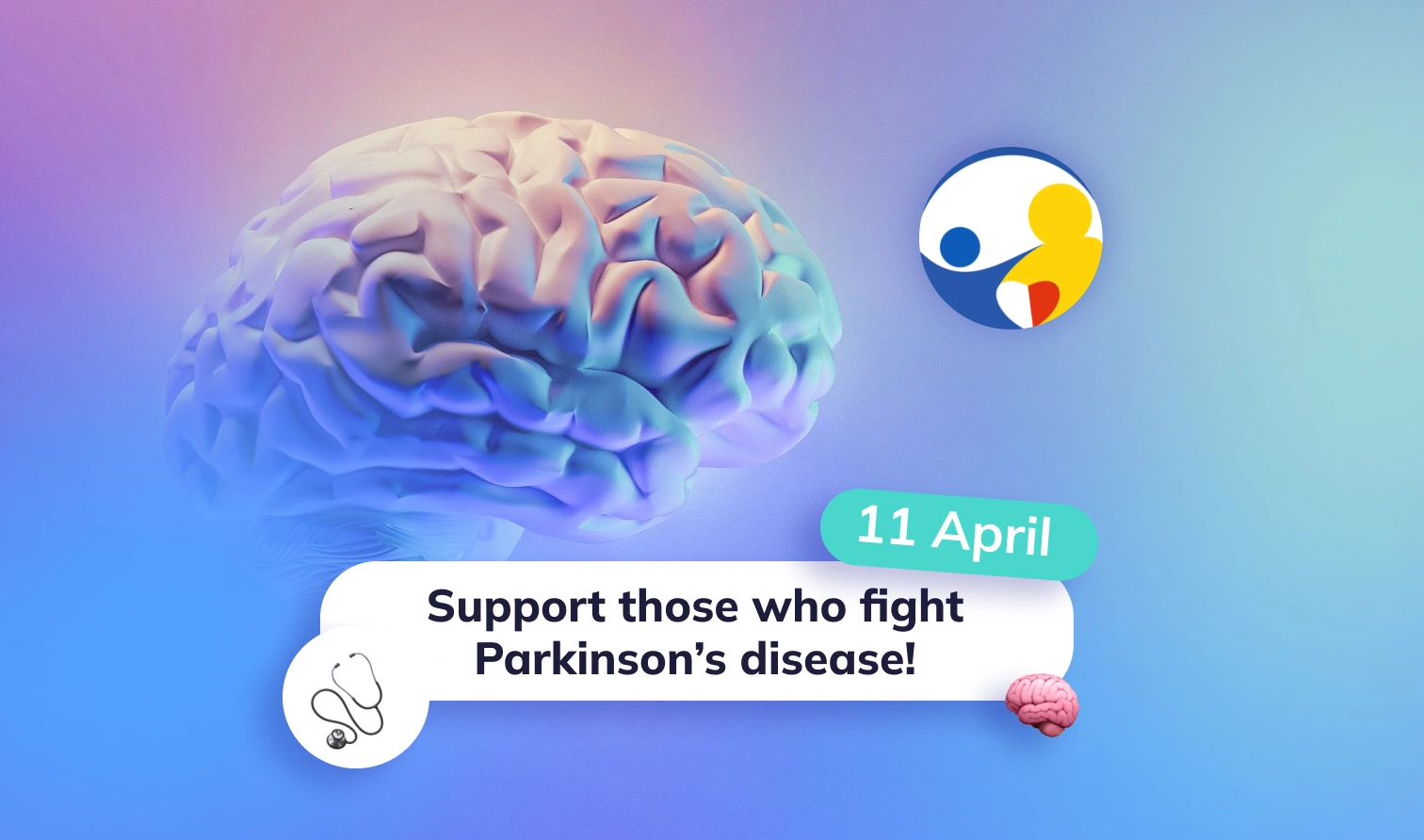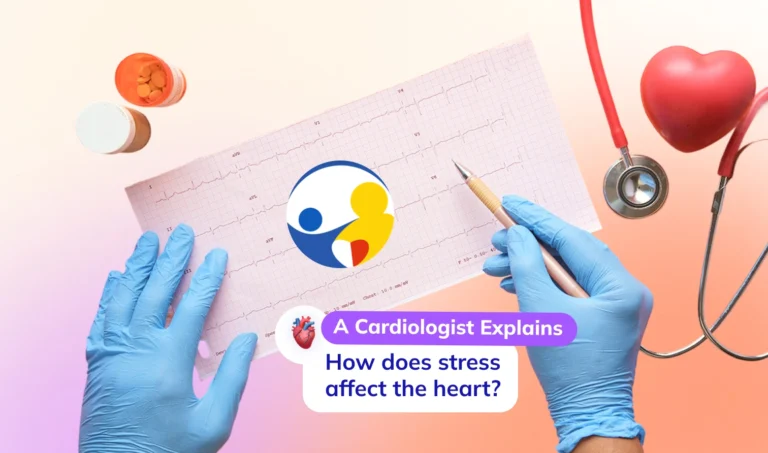Parkinson’s Disease: Symptoms, Diagnosis, and When to See a Doctor
April 11th marks World Parkinson’s Day, a global observance dedicated to the second most common neurodegenerative disease after Alzheimer’s. According to the WHO, over 10 million people worldwide live with Parkinson’s disease, and this number is growing each year.
What is Parkinson’s Disease?
Parkinson’s disease is a chronic, progressive disorder of the central nervous system in which brain cells responsible for producing dopamine are affected. Dopamine is a neurotransmitter that regulates motor activity, coordination, emotional state, and memory. A decrease in dopamine levels leads to a gradual impairment of movement, speech, facial expressions, and overall well-being.
Main Symptoms of Parkinson’s Disease:
- Tremor of the hands or other parts of the body at rest
- Slowness of movement (bradykinesia)
- Muscle stiffness (rigidity)
- Impaired balance and coordination
- Changes in speech, writing, facial expressions
- Problems with sleep, mood, and memory
Causes and Risk Factors:
The exact cause of Parkinson’s disease is still unknown. Experts believe it is related to a combination of genetic and environmental factors: toxic effects of chemicals, pesticides, head injuries, as well as age-related changes in the nervous system. The disease most often manifests after the age of 60, but cases of early-onset Parkinson’s also occur.
Diagnosis and Treatment of Parkinson’s Disease
Timely diagnosis is a key factor in improving quality of life. If you notice the first signs, do not delay consultation. The main specialist who performs diagnosis and prescribes treatment is a neurologist. In more complex cases, a neurosurgeon, psychotherapist, speech therapist, dietitian, and physiotherapist may be involved in the process.
Unfortunately, Parkinson’s disease is incurable, but modern treatments can significantly reduce symptoms and improve patients’ daily lives. These include medication therapy, physical rehabilitation, cognitive support, and in some cases, neurosurgical intervention.
Where to Get Help?
At the “Moja Rodzina” clinic in Warsaw, you can have a consultation with a neurologist, get referrals for additional examinations, and receive an individualized treatment plan. We work with patients of all ages and at various stages of the disease, providing comprehensive care and, if necessary, referring them to specialized centers.
If you or your loved ones experience symptoms similar to Parkinson’s disease, do not postpone a visit to the doctor. Early diagnosis can change the course of the disease.
Contact Information for Appointments:
Website: www.klinikamojarodzina.pl
Phone: +48 729 855 896
Appointment booking is available online on the website or by phone.
You can also make an appointment in person at the clinic.
We are ready to support you at every stage – from the initial consultation to the selection of effective treatment.







